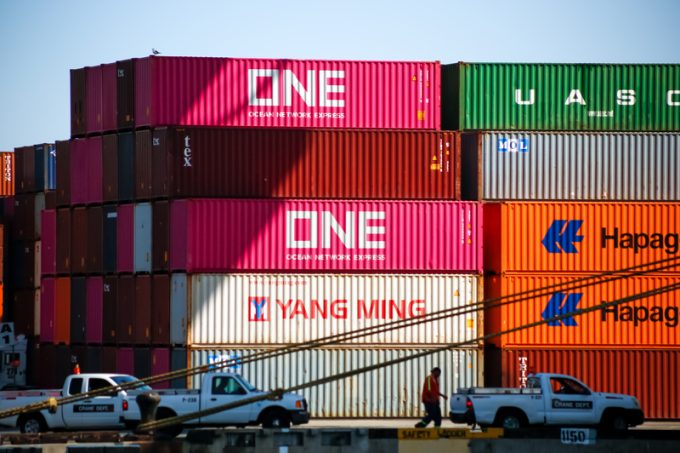Soaring box lines make market cap hay, but nowhere near C-19 highs for most
If the CAP fits…

Carrier members of THE Alliance could resort to ’port-hopping’ or skipping calls at strike-hit US east and Gulf coast ports, according to Yang Ming president Cliff Pai.
He said yesterday that a strike from 1 October would shut down the ports, impacting Yang Ming and THEA ...

Comment on this article